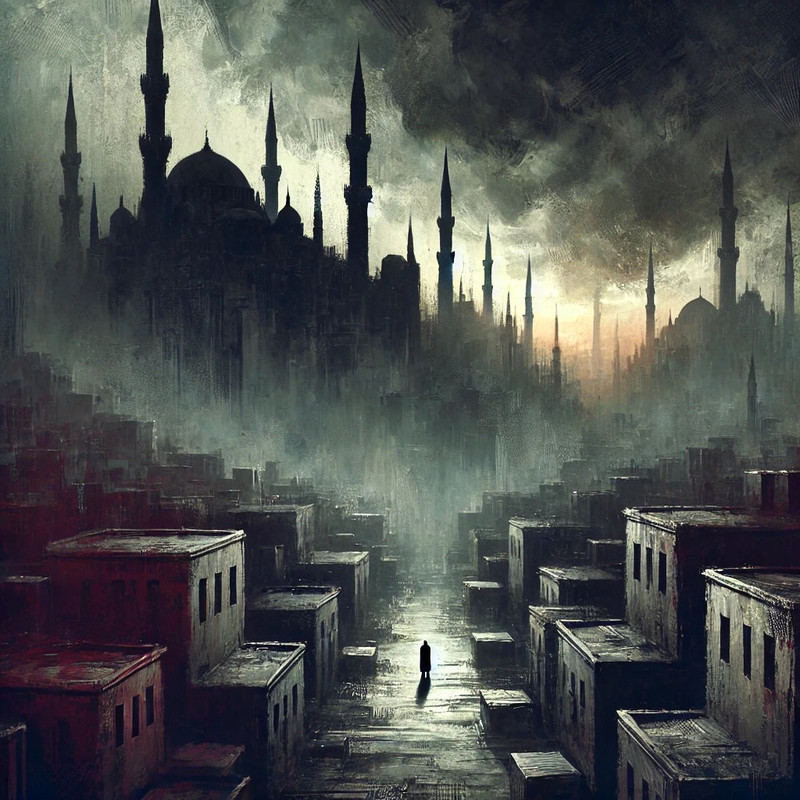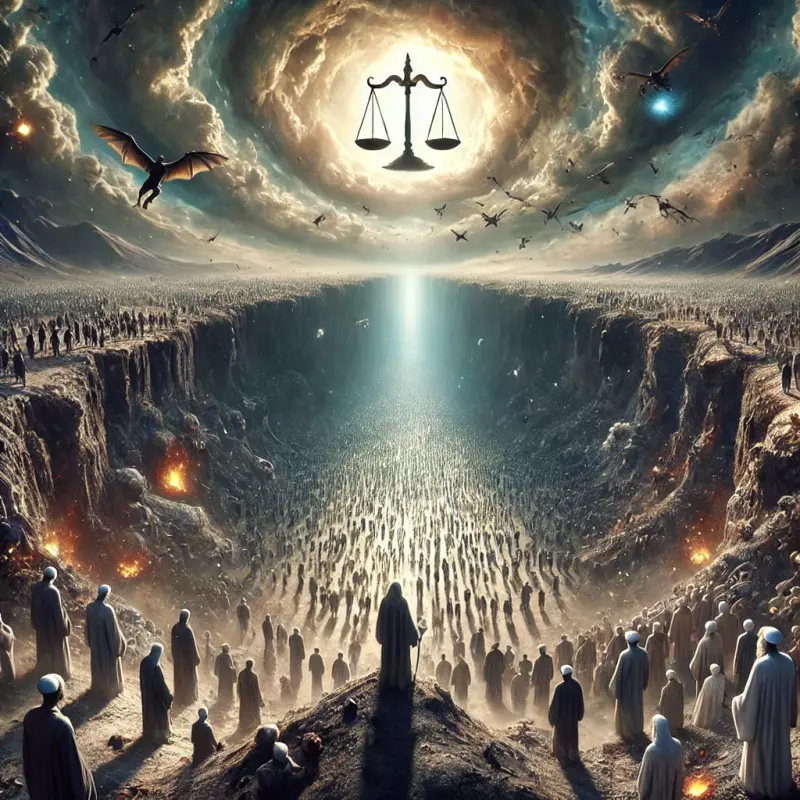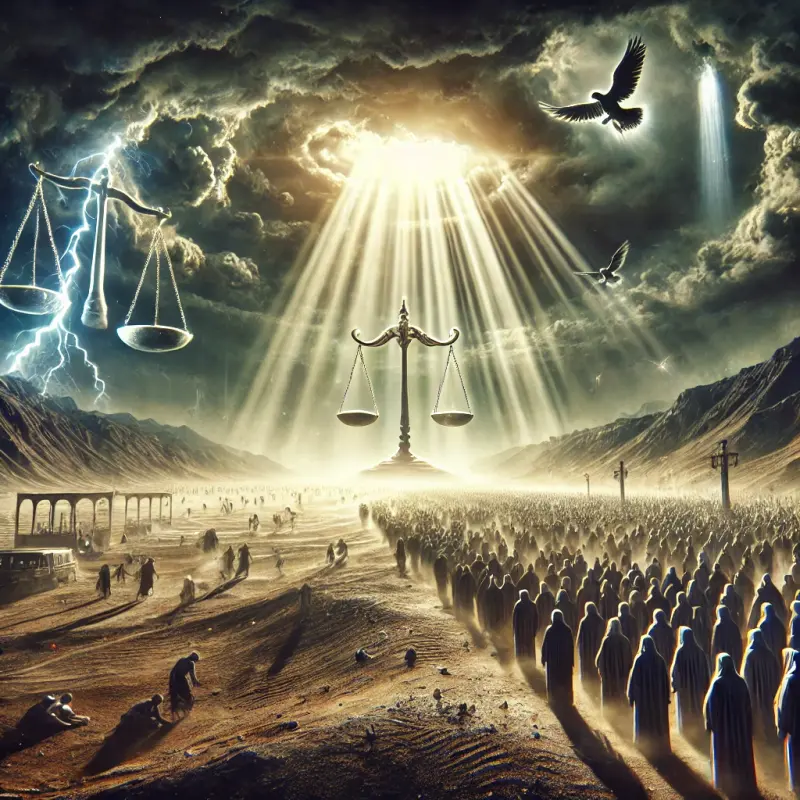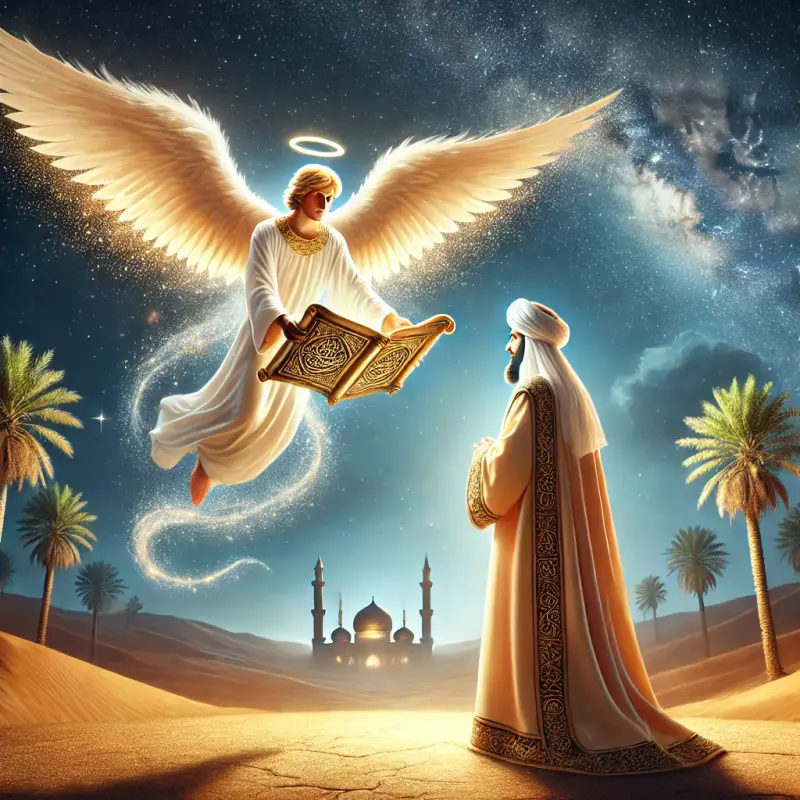These are the main biblical verses that prove Islam and disprove the bible / Christianity.
Note especially John 14:28 where Jesus says "for the Father is greater than I."- this clearly refutes his "joinedness" or "oneness" with the greater God he claims to be his father.
Also noteworthy is 10. John 5:19, 30, where Jesus claims the father is stronger than him: the Son can do nothing by himself; he can do only what he sees his Father doing.
In other words Jesus cannot be his own "father", and be God, that would mean that if he was God, they would both (3 if the Christians holy spirit is included), would all have to be equally powerful, or at least possesing some power that is not comparable to a weak man, who is helpless without his fathers help.
There are many many more countless error in the Bible, including numerical just like these, more are coming on the blog soon.
1. John 8:40
“But now you seek to kill me, a man who has told you the truth that I heard from God. This Abraham did not do.”
2. Matthew 11:19
“The Son of Man came eating and drinking, and they say, ‘Here is a glutton and a drunkard, a friend of tax collectors and sinners.’ But wisdom is proved right by her deeds.”
3. Matthew 15:24
“He answered, ‘I was sent only to the lost sheep of Israel.’”
Matthew 10:5–6
“These twelve Jesus sent out, instructing them, ‘Go nowhere among the Gentiles and enter no town of the Samaritans, but go rather to the lost sheep of the house of Israel.’”
4. John 14:28
“You heard me say, ‘I am going away, and I will come back to you.’ If you loved me, you would be glad that I am going to the Father, for the Father is greater than I.”
5. Mark 12:29
“Jesus answered, ‘The most important is, ‘Hear, O Israel: The Lord our God, the Lord is one.’”
John 17:3
“Now this is eternal life: that they know you, the only true God, and Jesus Christ, whom you have sent.”
6. Matthew 4:10
“Then Jesus said to him, ‘Away with you, Satan! For it is written: Worship the Lord your God, and serve him only.’”
Mark 12:30
“Love the Lord your God with all your heart and with all your soul and with all your mind and with all your strength.”
7. Matthew 20:28
“Just as the Son of Man did not come to be served, but to serve, and to give his life as a ransom for many.”
8. Matthew 15:9
“They worship me in vain; their teachings are merely human rules.”
9. Matthew 27:46
“About three in the afternoon Jesus cried out in a loud voice, ‘Eli, Eli, lema sabachthani?’ (which means ‘My God, my God, why have you forsaken me?’).”
Matthew 26:39
“Going a little farther, he fell with his face to the ground and prayed, ‘My Father, if it is possible, may this cup be taken from me. Yet not as I will, but as you will.’”
10. John 5:19, 30
“Jesus gave them this answer: ‘Very truly I tell you, the Son can do nothing by himself; he can do only what he sees his Father doing, because whatever the Father does the Son also does.’”
“By myself I can do nothing; I judge only as I hear, and my judgment is just, for I seek not to please myself but him who sent me.”













